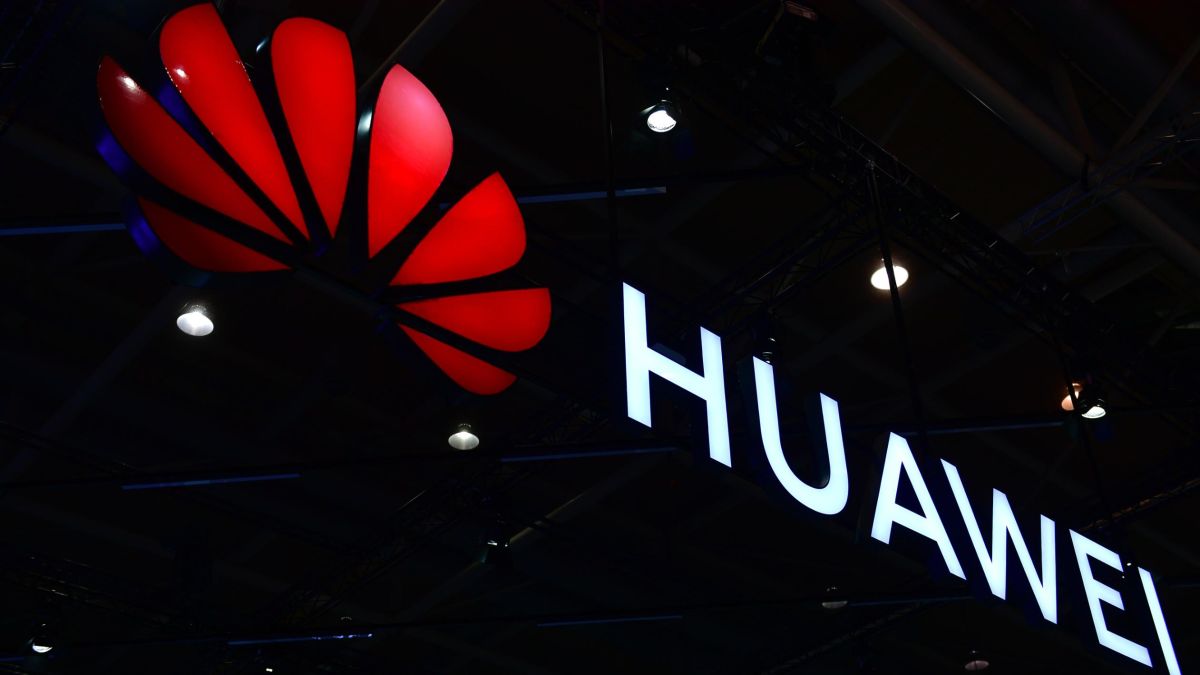Leonardo Dinic, Expert in Geopolitics and International Business, the Future of Work, and Emerging Technologies
Apr 02, 2019
As EU dependency relationships adjust to changes occurring in geopolitics and world commerce, member states will explore deals with China and Russia at the expense of Washington’s preferred global order.

Philip Cunningham, Independent Scholar
Apr 02, 2019
The rise of tribalism internationally makes for politics rife with reflexive scorn; it’s US vs China, Airbus vs Boeing, “we” vs “them.” Beijing’s decision to ground Boeing’s newest jetliner only emphasizes such tribalism within the US-China relationship.

Li Zheng, Assistant Research Processor, China Institutes of Contemporary International Relations
Mar 29, 2019
Despite numerous controversies, genetic engineering has become a hotspot in the biotech industry. With this technology gradually maturing, its accompanying problems and controversies will also expand. This scientific frontier will undoubtedly create a serious issue for China and the U.S.
Eric Harwit, Professor, University of Hawaii Asian Studies Program
Mar 22, 2019
A future 5G divide may open between the US and its allies, and most of the rest of the world. Should a handful of developed nations shut out Huawei and others, those countries may have to settle for a network lacking cutting-edge technology.
He Weiwen, Senior Fellow, Center for China and Globalization, CCG
Mar 21, 2019
Premier Li Keqiang’s Government Work Report provides a concrete sign of China’s renewed support for the private economy, especially small and micro businesses.
Robert I. Rotberg, Founding Director of Program on Intrastate Conflict, Harvard Kennedy School
Mar 20, 2019
China’s increasing prominence in Djibouti and other African nations is the latest signal that China sees Africa as holding strategic promise for the Belt and Road Initiative.
Mar 18, 2019
The US-China trade dispute continues on in uncertainty.
Art Dicker, Founding partner of the Pacific Bridge Group
Mar 15, 2019
The latest draft of China’s Foreign Investment Law is a nod towards Washington’s concerns over structural issues in China’s economy. But with impending tariffs overhead, it’s hard to know if this was a statement of true intent or a statement made with a metaphorical gun to one’s head.

Rene Zou, China-focused policy analyst with a dual master’s from Sciences Po, Paris and Peking University
Mar 15, 2019
The U.S. has been pressuring European nations to block Huawei technology. However, unlike the U.S., Europe as a whole does not perceive China as its strategic rival. Stakes are high for Huawei to prove its good faith, but equally high for Europe, which will deal with significant economic repercussions for lagging behind in 5G.
Josephine Wolff, Assistant Professor, Rochester Institute of Technology
Mar 12, 2019
Facial recognition is developing fast in China, from hotel check-ins, riding the subway, or paying for fried chicken. As the technology develops, it’s naïve to expect that facial recognition technologies will not leak into the functions of law enforcement of national security surveillance.
Back to Top

- China-US Focus builds trust and understanding between the U.S. and China through open dialogue among thought leaders.
- Our Offerings
- Topics
- Videos
- Podcasts
- Columnists
- Research Reports
- Focus Digest
- Stay Connected
-
Thanks for signing up!
- Get the latest stories from China-US Focus weekly.